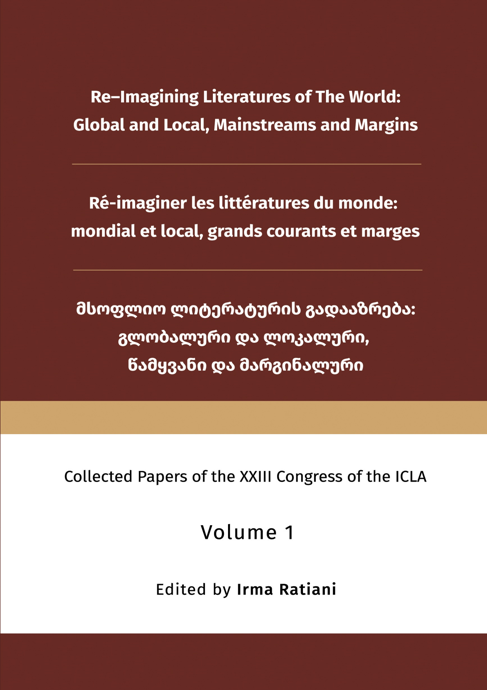Translation and Identity Formation in Transcultural Communicating Practice – Chinese Heterotopia in Kafka’s ‘the Great Wall of China’
Main Article Content
Abstract
In this paper, I analyse the representation of China in the twentieth – century in the prose and poetry of two modernist authors through the textual tensions among utopia/ dystopia/hete-rotopia, specifically Franz Kafka’s ‘The Great Wall of China’ (1917) and Ezra Pound’s The Cantos (1885 – 1972) and Cathay (1915). Drawing on Foucault’s concept of heterotopia as a way of thinking about space in real and imaginary terms, as well as its political imp-lications, I consider the two writers to translate China into uto-pias/heterotopias for their own identity formation. This approach allows my paper to make observations about the poetics of each author, the modernist reception of China in terms of cultural trans-lation, and the translatability of Chinese thought in terms of inter-mediality. This paper identifies the atemporality in both authors’ approach to China, revealing the dispassionate identification of Chi-nese and Jewish culture in Kafka versus the subjective identification of real and imaginary China in Pound. I analyse the gaps between the superimposed factual plane and imagination, in order to exa-mine how they translate, accept Chinese culture and philosophy in the horizon and crisis of modernity, how they speak of ‘China’ (tex-tual China) for the aim of mirroring the self, how Chinese phi-losophy is transplanted as medicine (Pound) for the modern Euro-pean spirit. Drawing on a broad range of research, this paper syn-thesises and brings into dialogue scholarship on hermeneutics, aes-thetics, and cultural studies in several different languages. I propose to reinvigorate utopia’s inherently critical nature as critical utopias, heterotopia and meta – utopia being involved as emanations. The
synthesising remarks that compare Kafka with Pound will show that they are both conducting comparative studies, transcultural interpretations; they both reject unifying views of identity, and both accept Chinese poetics, philosophy in a formal and spiritual sense.
